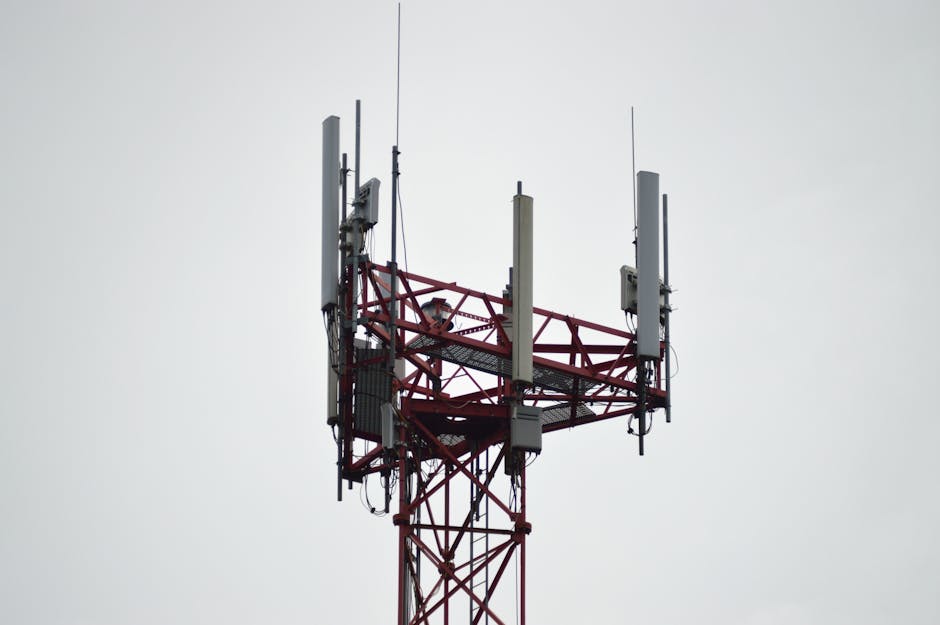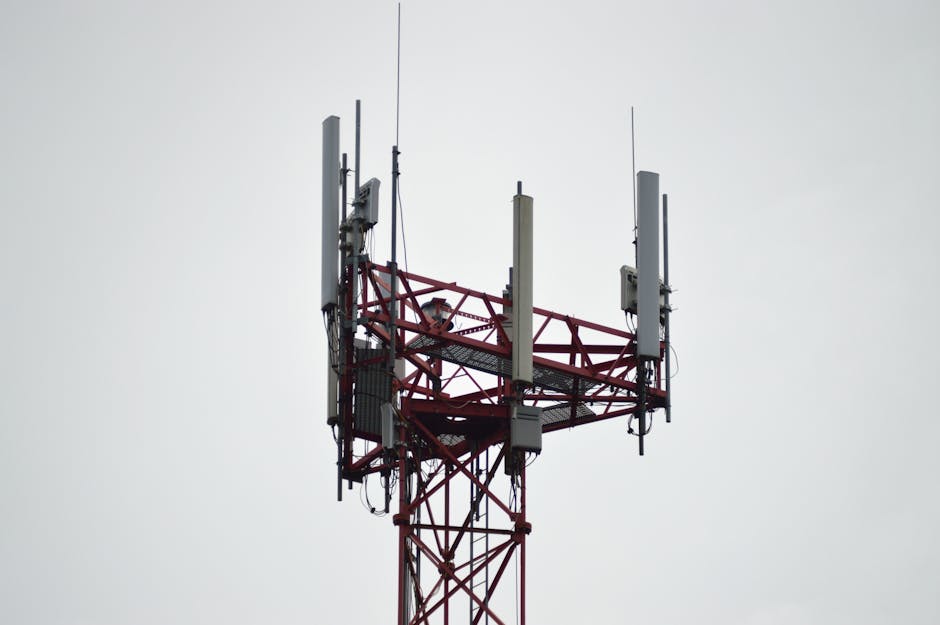T-Mobile Faces FCC Compliance Action Over REVVL 7 PRO 5G Smartphone

In a significant development for the telecommunications industry, the Federal Communications Commission (FCC) concluded an investigation into T-Mobile’s marketing and sale of its REVVL 7 PRO 5G smartphone—resulting in a $7,000 compliance settlement. The FCC’s inquiry, completed through a Consent Decree issued on September 11, 2025, revealed that T-Mobile began selling the device prior to securing the necessary equipment authorization. This resolution underscores the strict standards the FCC enforces for devices emitting radio frequency (RF) energy, ensuring they comply with regulatory requirements before entering the U.S. market.
Key Violations and FCC Enforcement Action

Pexels
The investigation unearthed that T-Mobile launched the REVVL 7 PRO 5G smartphone on May 14, 2024, and began selling it on May 23, 2024. However, the necessary FCC equipment authorization was granted only on May 29, 2024, leaving a brief but significant period of non-compliance. During this gap, thousands of units were sold, prompting the FCC to act swiftly. Regulations such as Sections 2.803(b)(1), 2.1203, and 2.1204 of the FCC’s Rules prohibit the import, marketing, and sale of RF-emitting devices without prior approval. By prematurely introducing the smartphone, T-Mobile fell afoul of these standards.
To rectify the situation, T-Mobile agreed to a series of rigorous compliance measures outlined in the Consent Decree. This includes appointing a senior corporate Compliance Officer, drafting a Compliance Manual, and implementing mandatory training for employees involved in regulatory processes. The settlement also includes a monetary contribution of $7,000 to the U.S. Treasury, marking a slightly softer enforcement stance by the FCC, which has recently leaned toward civil penalties over voluntary contributions.
Implications for the Telecommunications Industry

Pexels
This case sets a notable precedent for regulatory compliance within the telecom industry. The FCC’s decision to scrutinize T-Mobile’s reliance on manufacturers for equipment authorization is particularly significant. T-Mobile argued that its agreements with manufacturers ensured compliance; however, the FCC deemed these contractual measures insufficient. The ruling serves as a stark reminder to telecom providers that they must maintain end-to-end accountability in the compliance process, rather than relying solely on third-party commitments.
Moreover, the FCC’s handling of the case highlights its evolving approach to regulatory enforcement. While T-Mobile’s non-compliance spanned a short duration and was mitigated by its proactive efforts, the consent decree reflects a commitment to uphold the integrity of RF regulations. The telecom sector should anticipate heightened scrutiny of import and marketing practices as the FCC works to prevent even minor lapses from disrupting the regulatory framework.
What This Means for the Future

Pexels
The Consent Decree isn’t just a lesson for T-Mobile but a wake-up call for the broader telecom industry. Key takeaways include the importance of preemptive regulatory checks and the necessity of company-wide training programs in compliance procedures. With the FCC emphasizing documentation and proactive measures, telecom companies must revisit their compliance strategies to avoid similar pitfalls. Additionally, the trend toward treating voluntary payments as civil penalties signals a tightening of enforcement policies, even in cases of minimal non-compliance.
In today’s rapidly evolving communications environment, regulatory oversight is more critical than ever. This development serves as a reminder to manufacturers, importers, and service providers about the FCC’s commitment to maintaining robust standards. Companies aiming to introduce new technologies must align closely with these rules to safeguard consumer interests and ensure fair market competition.







